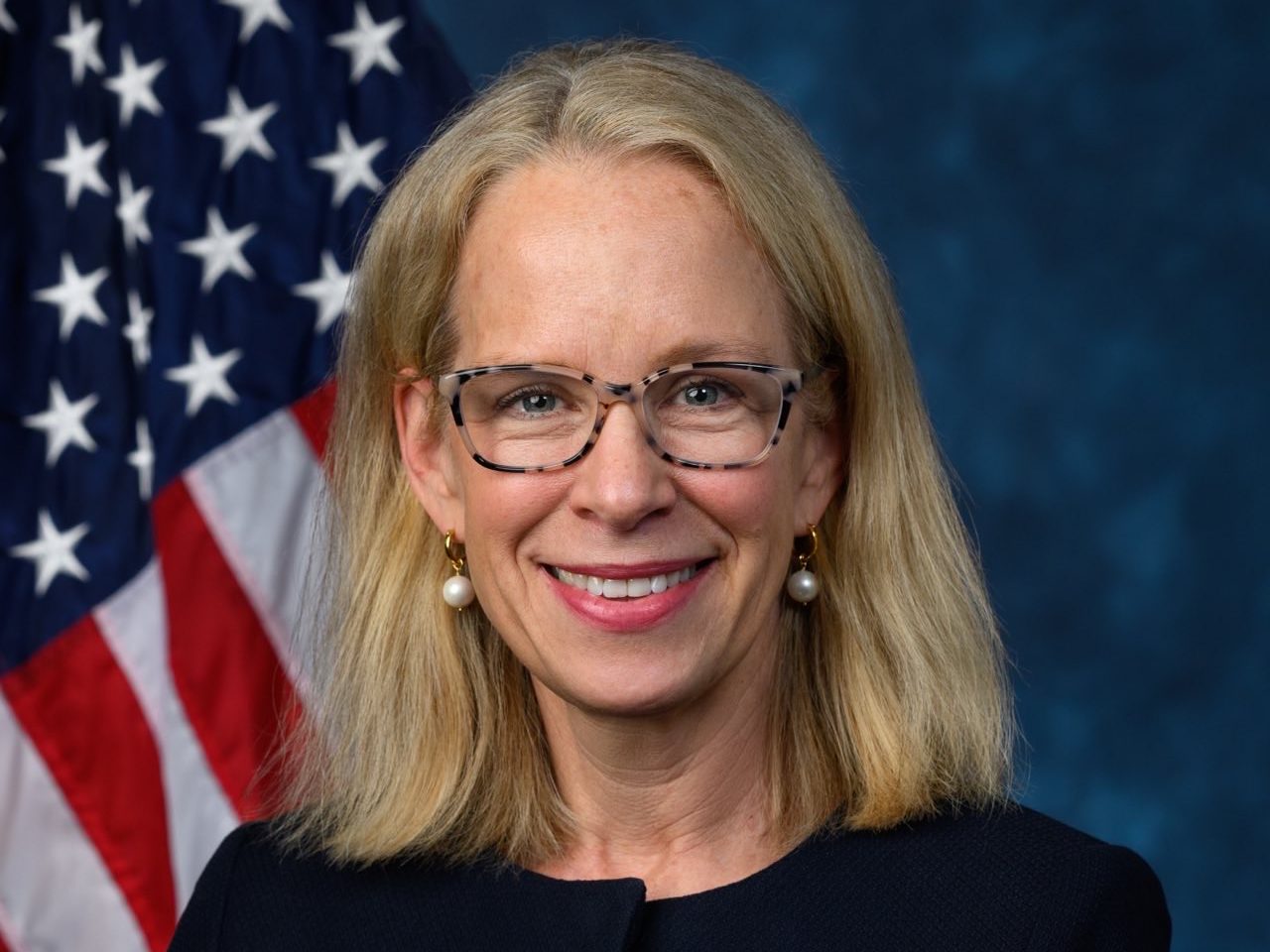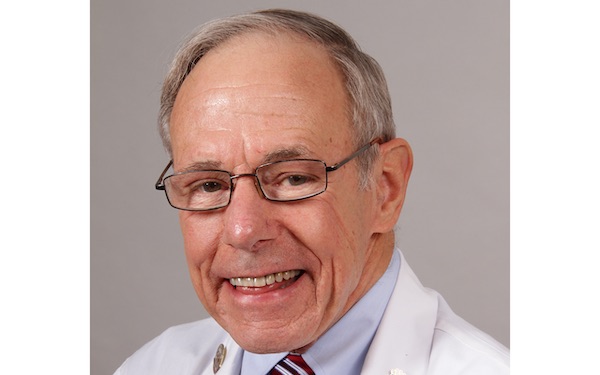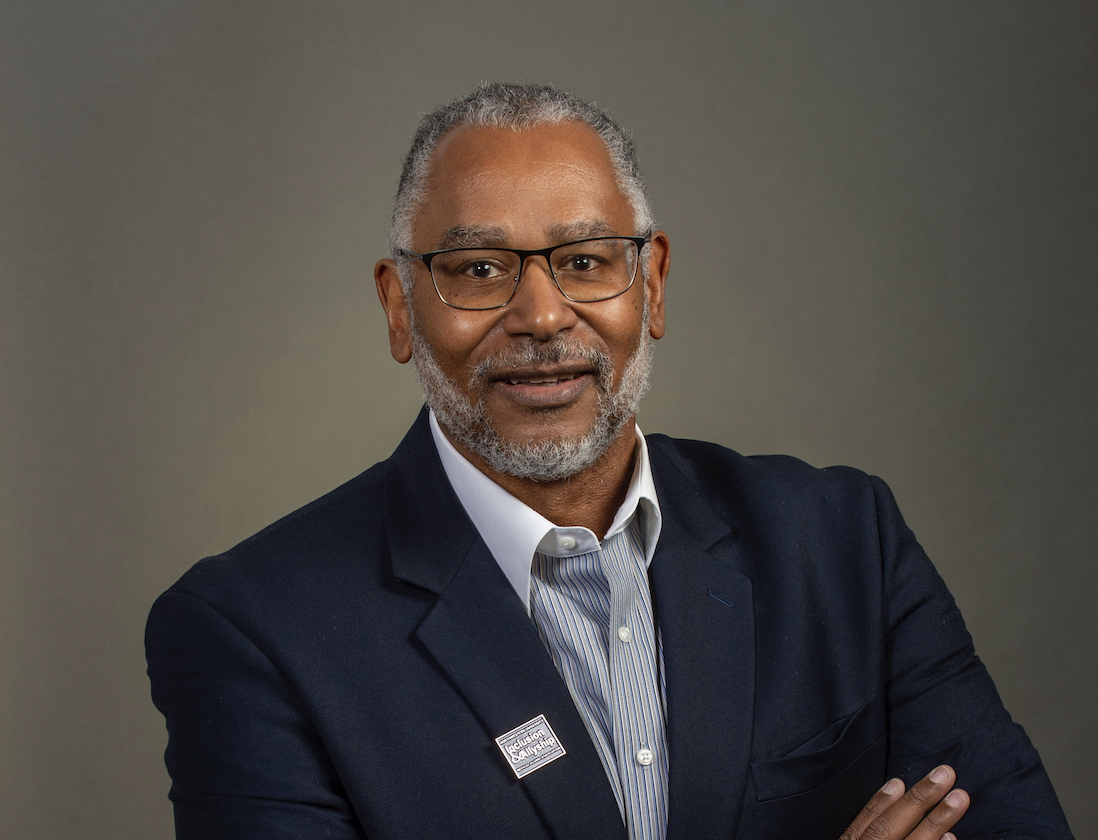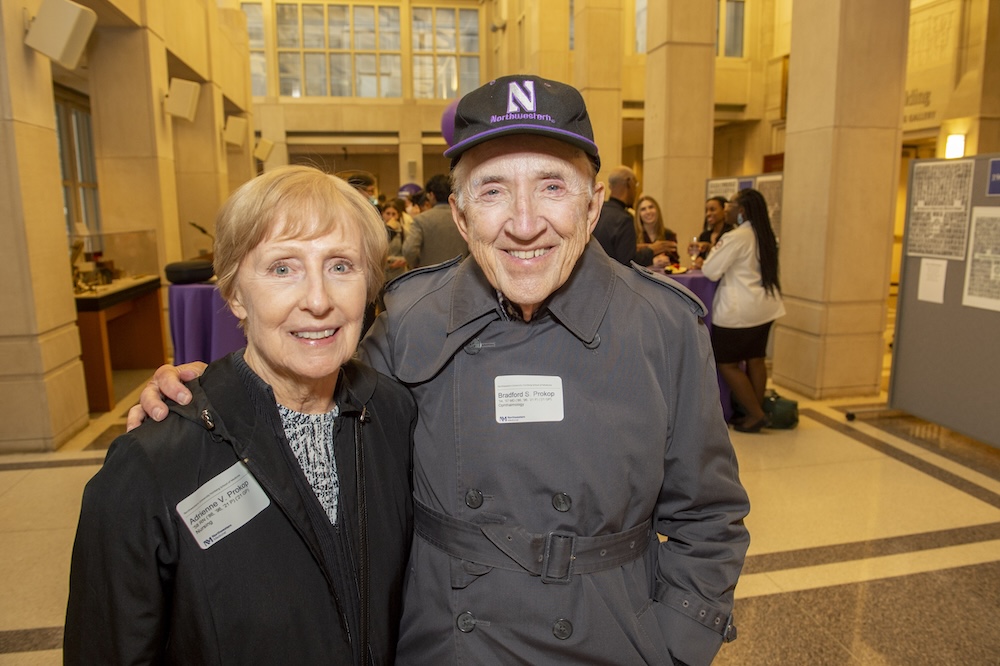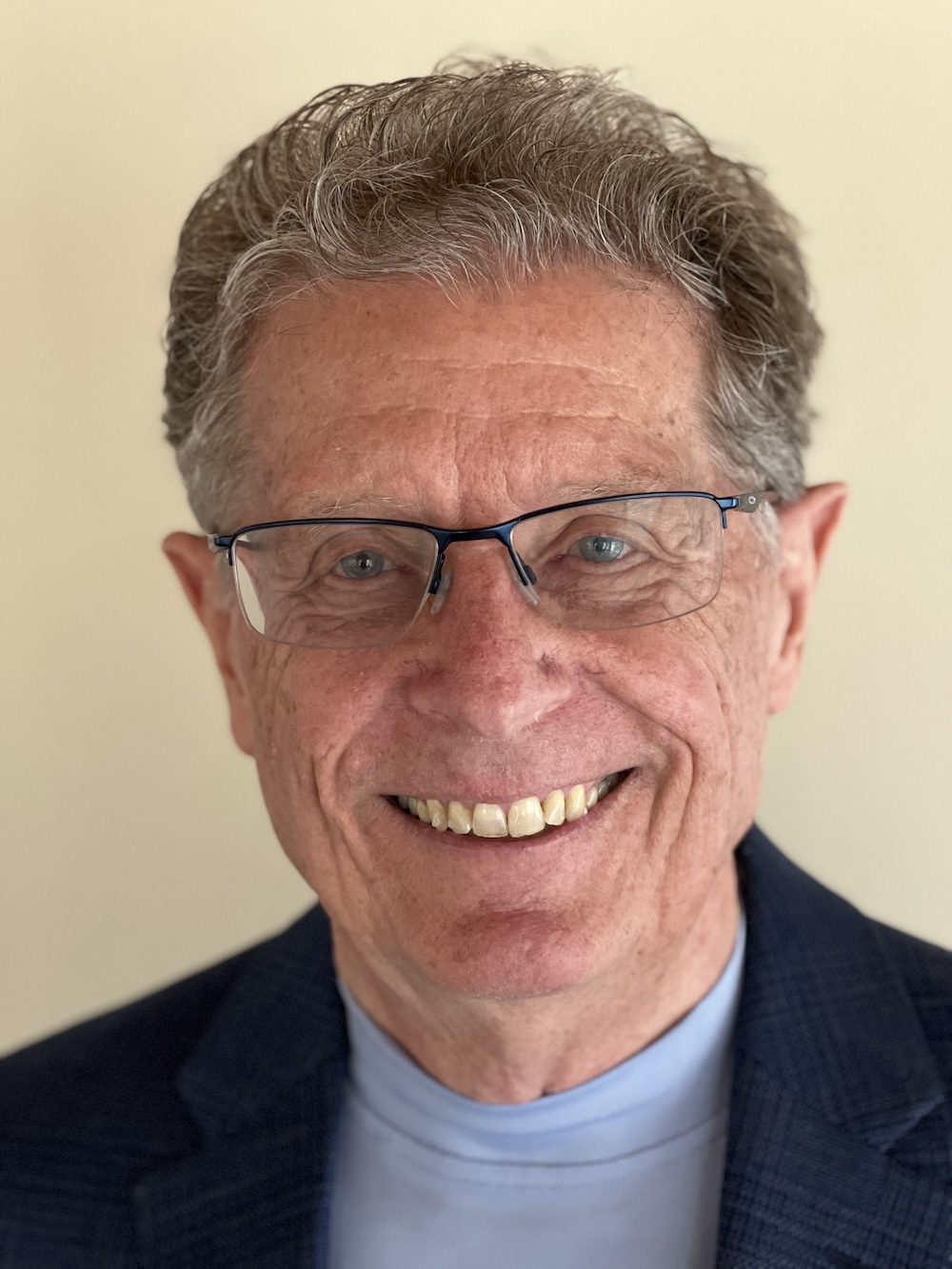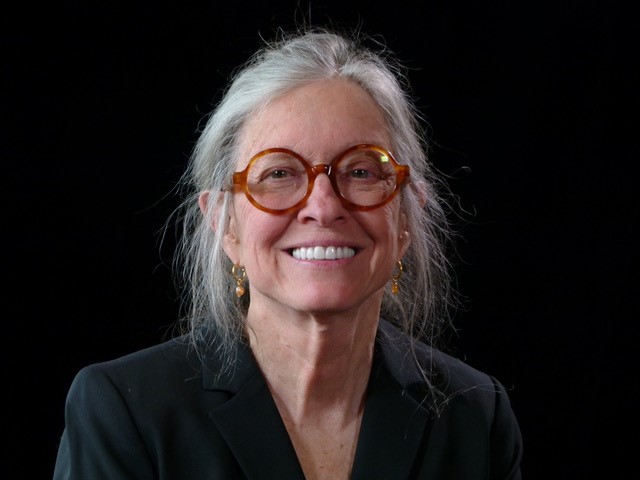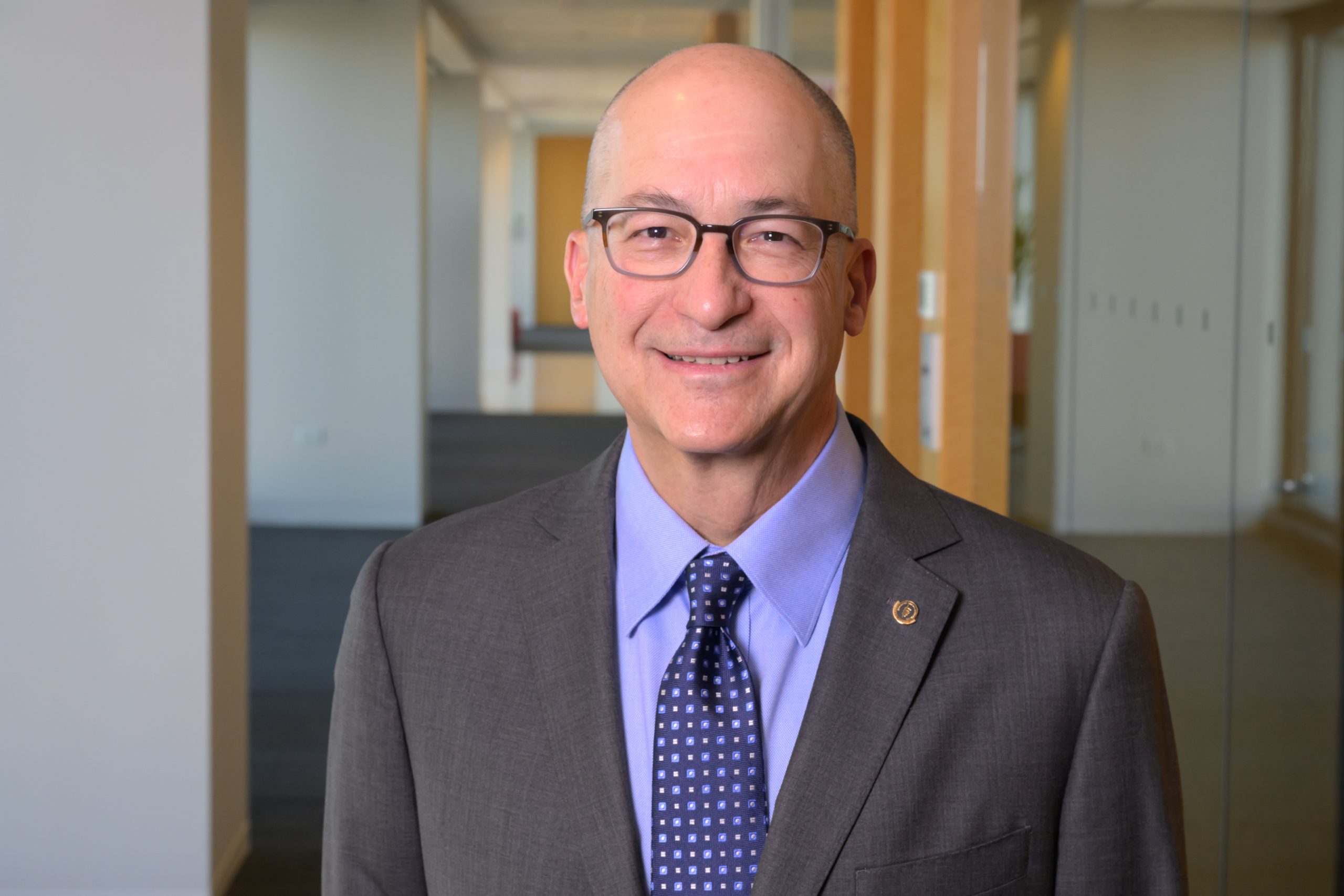Home / Alumni News / Progress Notes
Progress Notes
we’d love to hear from you!
Share your important milestones with us.
Please share your recent news, accomplishments, and important milestones with us. Submit your updates and high-resolution photos via the linked form, and we will publish them in an upcoming issue of the magazine.
1950s
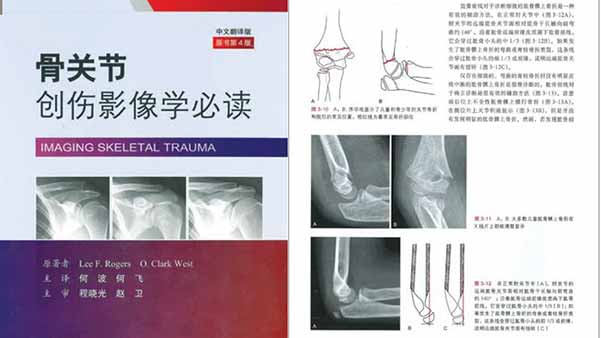
Lee F. Rogers, ’59 MD, first published the classic radiology text Imaging Skeletal Trauma in 1982. Now, for the first time, the fourth edition of the book, which offers a comprehensive view of diagnostic imaging in the evaluation of skeletal trauma, has been published in Chinese. (picture, right)
1960s

A. Barry Belman, ’64 MD, ’69 MS, ’70 GME, retired about 10 years ago and began taking art classes at Montgomery College in Maryland. His sculpture, “Captive,” which placed second in the Beacon’s Celebration of the Arts contest, was created as part of a class assignment after receiving a scrap piece of marble from a classmate.
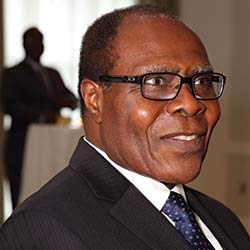
Ferdinand Ofodile, ’68 MD, FACS, FAAPS, clinical professor emeritus of Plastic Surgery at Columbia University, was selected by the Carnegie Foundation’s Carnegie African Diaspora Fellowship Program as a 2020 Carnegie African Diaspora Fellow. The program, in its fourth year, is designed to reverse Africa’s brain drain, strengthen capacity at host institutions, and develop long-term, mutually beneficial collaborations among universities in Africa, the United States, and Canada. Ofodile’s project, which is on rural healthcare improvement, is based at the University of Port Harcourt in Nigeria.
1970s
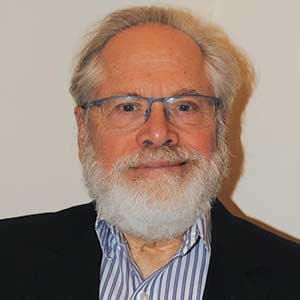
Arnold R. Eiser, ’74 MD, has had five unique careers in medicine — in nephrology, bioethics, general internal medicine, medical education and neuroscience — since graduating from medical school. As associate chief of Nephrology at Elmhurst Hospital Center and associate professor of Medicine at the Mt. Sinai School of Medicine in New York, Eiser developed a glomerulonephritis clinic, led the CAPD dialysis program, and led research on pulmonary gas exchange during hemodialysis that helped lead to changes in how dialysate is buffered.
In 1996, Dr. Eiser was invited to spend a month as a Visiting Scholar at the Hastings Center, a bioethics think tank. That led to publications on the ethics of dialysis withdrawal and appointment to multiple medical ethics committees; he continues to be active in bioethics to this day, most recently writing about informed consent process among the elderly for implantable defibrillators.
After working as a specialist for over a decade and a half, Eiser changed to leading academic general internal medicine divisions, including serving as chief of General Internal Medicine and professor of Medicine at the University of Illinois at Chicago School of Medicine. In that role, he led many early computer applications in medicine.
As vice president of Medical Education for the Mercy Health System and associate dean for Mercy Programs, Drexel University College of Medicine, Eiser developed an innovative rotation where medical interns experienced how hospice nurses, quality improvement nurses, and other non-physician healthcare providers provide their services firsthand.Upon retirement from full-time academic leadership, Eiser became an adjunct senior fellow at the Leonard Davis Institute at the Perelman School of Medicine and began an exploration of recent developments in the neurosciences.
Eiser is also the author of two books: In 2015, he wrote The Ethos of Medicine in Postmodern America: Philosophical, Cultural, and Social Aspects, an analysis of contemporary medical care, medical education, and medical professionalism, and coming out this year, Preserving Brain Health in a Toxic Age: Insights from Public Health, Integrative Medicine and the History of Neuroscience.
To what does he attribute this rich and varied career? “The confidence I developed at Northwestern through rich clinical experiences, an insatiable thirst for knowledge, and a willingness to face new challenges,” he says.
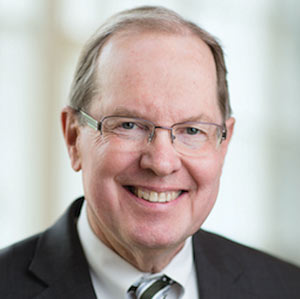
Jerry W. Swanson, ’77 MD, MHPE, is professor of Neurology at the Mayo Clinic College of Medicine and Science in Rochester, Minnesota. He was the founding Mayo Clinic Enterprise chair of the Headache Division and was founding director of the Headache Medicine Fellowship at the Mayo Clinic. He currently serves as Headache Section editor and neurology editor-in-chief for the point-of-care medical resource, UpToDate. Swanson is the current chair of the United Council for Neurologic Specialties Headache Medicine exam committee. He also is co-editor for the forthcoming two volumes devoted to migraines in the Handbook of Clinical Neurology.
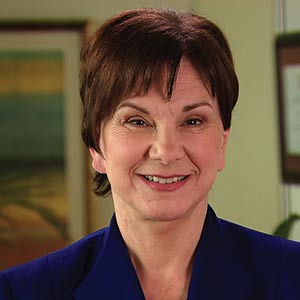
Janet Woodcock, ’77 MD, has been appointed acting commissioner of the Food and Drug Administration (FDA), overseeing the full FDA portfolio and execution of the Federal Food, Drug, and Cosmetic Act and other applicable laws. Woodcock joined the FDA in 1986 and most recently served as director of the Center for Drug Evaluation and Research. Last year, Woodcock was asked to lend her expertise to “Operation Warp Speed” for advancing COVID-19 therapeutics.
2010s
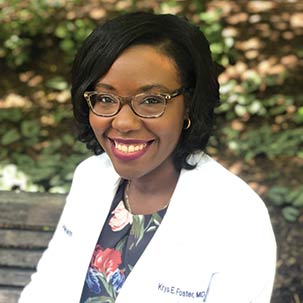
Krys Foster, ’13 MD, MPH, FAAFP, is currently practicing in Philadelphia as a clinical assistant professor and associate residency program director at Thomas Jefferson University in the Department of Family and Community Medicine. Within the department, Foster also serves as chairperson for the Social Justice, Inclusion, and Health Equity Committee. Foster was first author, in collaboration with several members of the Society of Teachers of Family Medicine Minority and Multicultural Health Collaborative, on a Reflections Piece entitled, “Dear White People,” published in the Annals of Family Medicine in January 2021. The piece is a call for action, asking colleagues in medicine to take up the cause of anti-racism, and also resulted in an interview with the Jefferson Health Nexus.
Quentin Youmans, ’15 MD, ’18 GME, was featured in the winter issue of “Diversity & Inclusion Matters,” a newsletter produced by Feinberg’s Office of Diversity & Inclusion. As founder of the Student to Resident Institutional Vehicle for Excellence program, better known as STRIVE, which connects underrepresented minority (URM) medical students at Feinberg with URM resident mentors, Youmans’ work was cited as an example of the ways in which medical schools can help combat discrimination and create safe spaces. Youmans’ recent Feinberg Perspectives podcast, “A Response to Two Pandemics: COVID-19 & Systemic Racism,” was also featured in the newsletter. Youmans is currently a resident physician at Northwestern in the Department of Medicine.
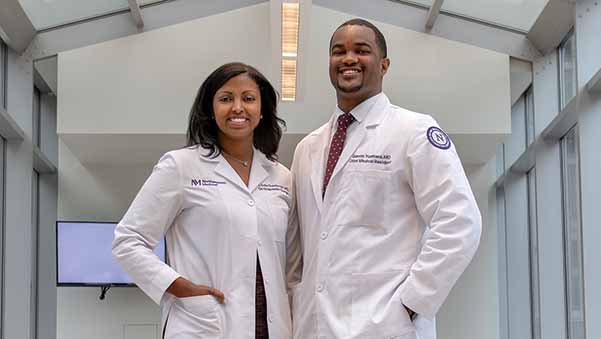
GME
Samir Desai, MD, ’99 GME, released the fourth edition of his book, titled Clinician’s Guide to Laboratory Medicine. Featuring a unique step-by-step approach to lab test interpretation, the book has been rated as one of the “Best Medical Books of All Time” by the Medical Media Review. It was also named a Doody’s Core Title for medical libraries by content specialists that guide libraries in the development of their essential medical reference book collections. Desai serves on the faculty of the Baylor College of Medicine.
PT
Robert Babbs, Jr., ’57 CERT, received the Hall of Fame Award from the section of administration of the American Physical Therapy Association (APTA), the Outstanding Physical Therapy Award from the Illinois Chapter of APTA (IPTA), and Alumnus of the Year Award from the Northwestern University Physical Therapy Alumni Association for his contributions to the field.
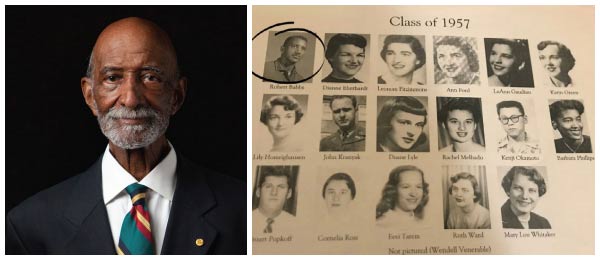
Babbs built up physical therapy services at the University of Chicago, where he also created opportunities within his team for a diverse group of professionals, giving them the tools, training, and mentorship they needed to succeed. Babbs’ passion for mentoring and supporting others helped build many careers and has radiated outward into the profession as his trainees and employees have gone on to manage or establish their own practices. He has also been an advocate for minority physical therapists, paving the way for diverse future generations of physical therapists.
Throughout his physical therapy career, he served in many leadership positions in IPTA and APTA. Notably, he served as IPTA representative to the House of Delegates over 26 times, president of IPTA from 1982 to 1984, and trustee for IPTA scholarship funds from 1969 to 1989. In addition, he has been an APTA member since 1956 and was the president of the administration section from 1976 to 1978. He was also involved in the Chicagoland Physical Therapy Director’s Forum, and a charter member of the American Academy of Physical Therapy.
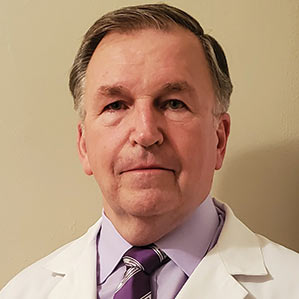
Paul A. Kleponis ’82 PT, DPT, senior physical therapist at Jackson Memorial Hospital, has been appointed to the Florida Board of Physical Therapy by Governor Ron DeSantis. Having practiced physical therapy in Florida since graduation, Kleponis shared the following message: “It is a great honor to receive this gubernatorial appointment to the board of professional practice, enabling me to give back to the Florida PT community. Life-long learning continues. Thank you, Northwestern, for setting me on the path to success in all ways.”
DDS
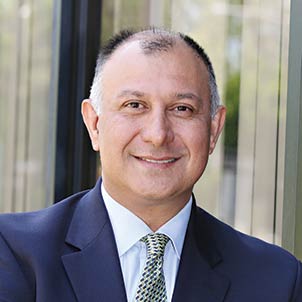
Allen A. Ghorashi, ’93 DDS, was recognized as a fellow of the American Academy of Implant Dentistry at its annual meeting in November 2020. Ghorashi is one of only 300 dentists who hold this distinguished membership. The year prior, in 2019, Ghorashi also became a diplomat of the American Board of Oral Implantology/Implant Dentistry, cementing Ghorashi’s place as one of the nation’s leading experts in implant care.

